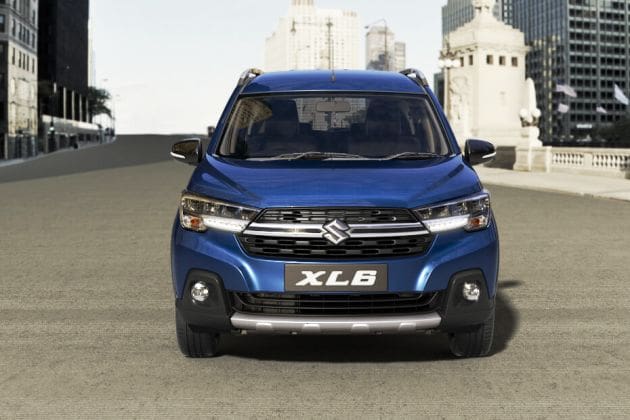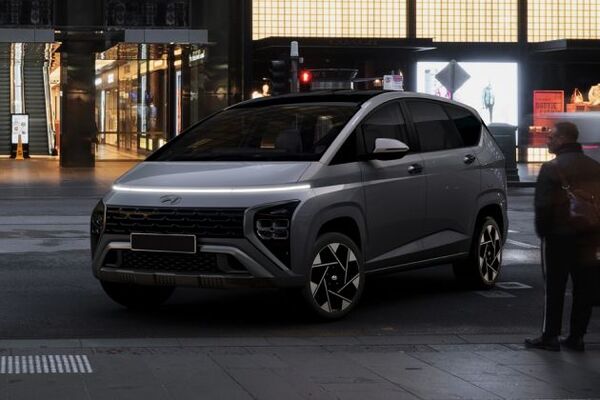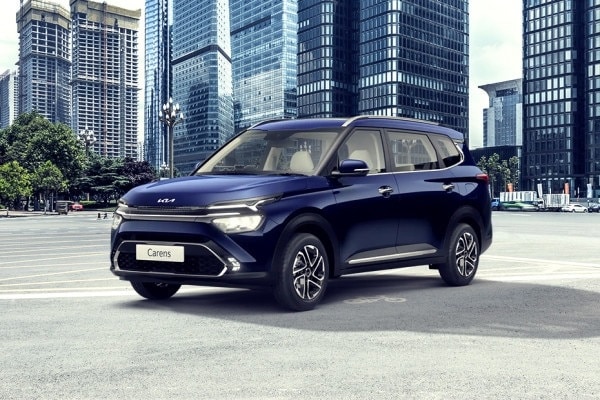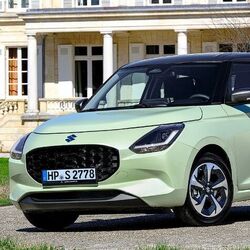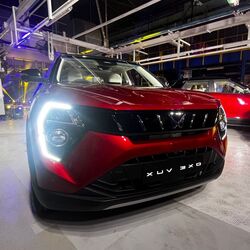Why Maruti thinks electric cars in India are difficult to price under ₹10 lakh
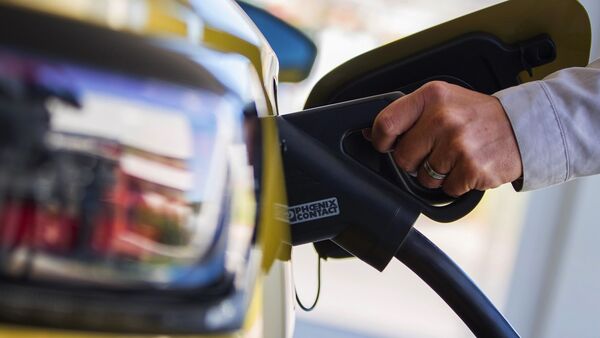

Maruti Suzuki may be a little late to join the EV race in India, but it aims big when it finally does in 2025. India’s largest carmaker is yet to come up with an electric car for Indian customers yet. The brand had said that it wants its EVs to be affordable enough to be able to gain king’s share in the market. However, bringing out an affordable EV in India remains a challenge, as the carmaker said it is difficult to launch an electric car under ₹10 lakh.
Hisashi Takeuchi, Managing Director and CEO at Maruti Suzuki India Limited, was recently quoted by news agency PTI saying, “What I can tell is that it's really difficult to have a cost-competitive and less expensive EV because of the cost of a battery."
Also check these Cars
One of the biggest deal-breakers for electric vehicles in India, specifically in four-wheeler segment, has been the high price of EVs due to several reasons. Battery cost, as pointed out by Takeuchi, is one of them. The most affordable electric four-wheeler one can drive home in India today is the Tata Tigor EV. The starting price of the Tigor EV in India is ₹12.24 lakh (ex-showroom).
In recent times, Maruti has been playing the wait-and-watch game in the EV segment. The company has been sceptical about jumping the EV bandwagon. RC Bhargava, Chairman at Maruti Suzuki, had earlier said, “Maruti Suzuki is the leader in the passenger vehicle industry, and it fully intends to have leadership in EVs. But it is important to understand EV penetration will only happen in Indian when conditions become such that consumers can buy it." Bhargava had explained that with a per capita income of around ₹1.50 lakh, it is difficult for EVs to have a mass market Maruti intends to see.
Maruti’s decision to enter the EV segment is due to its Japanese partner Suzuki’s investment of around 150 billion yen (about ₹10,445 crore) by 2026, for local manufacturing of Battery Electric Vehicles (BEV) and BEV batteries in Gujarat. According to Takeuchi, “The investment this time is at Suzuki Motor Gujarat plant but that does not mean that we will not produce EVs in Maruti Suzuki's plants…we have to produce in every factory over Maruti Suzuki as well as Suzuki Motor Gujarat (SMG) once EV becomes popular in India."
Maruti Suzuki had earlier in 2019, tested an electric vehicle based on its WagonR with plans to launch in 2020 but decided against a commercial launch for personal usage citing lack of infrastructure and government support and has maintained that at the current prices it would be difficult to sell affordable EVs at mass scale.
According to India’s auto dealer’s body FADA, Tata Motors leads the electric passenger vehicle segment with 15,198 units of Nexon EVs and Tigor EVs sold in last fiscal. It has a market share of more than 85 per cent. Indians bought 17,802 electric four-wheelers in FY 2021-22, which is three-fold more compared to 4,984 units in FY21.







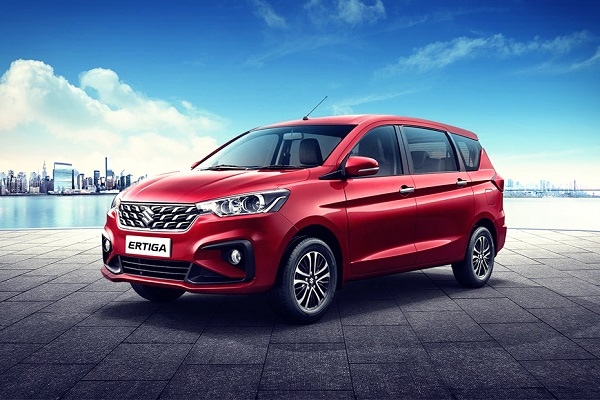
 1462.0 cc
1462.0 cc Multiple
Multiple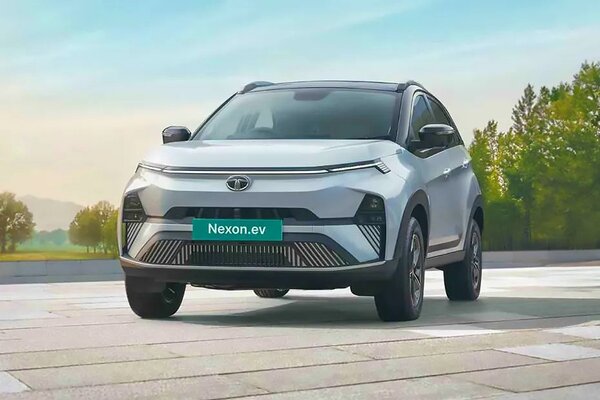
 40.5 kWh
40.5 kWh 465 km
465 km
